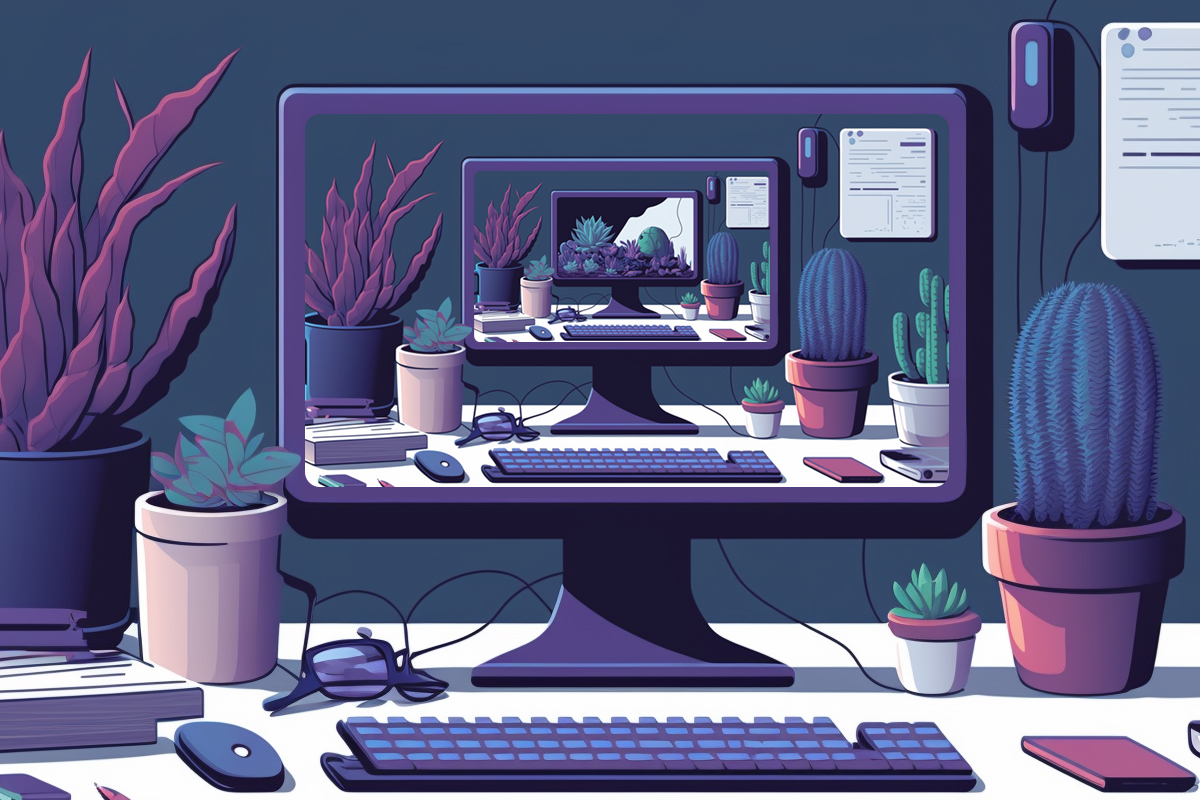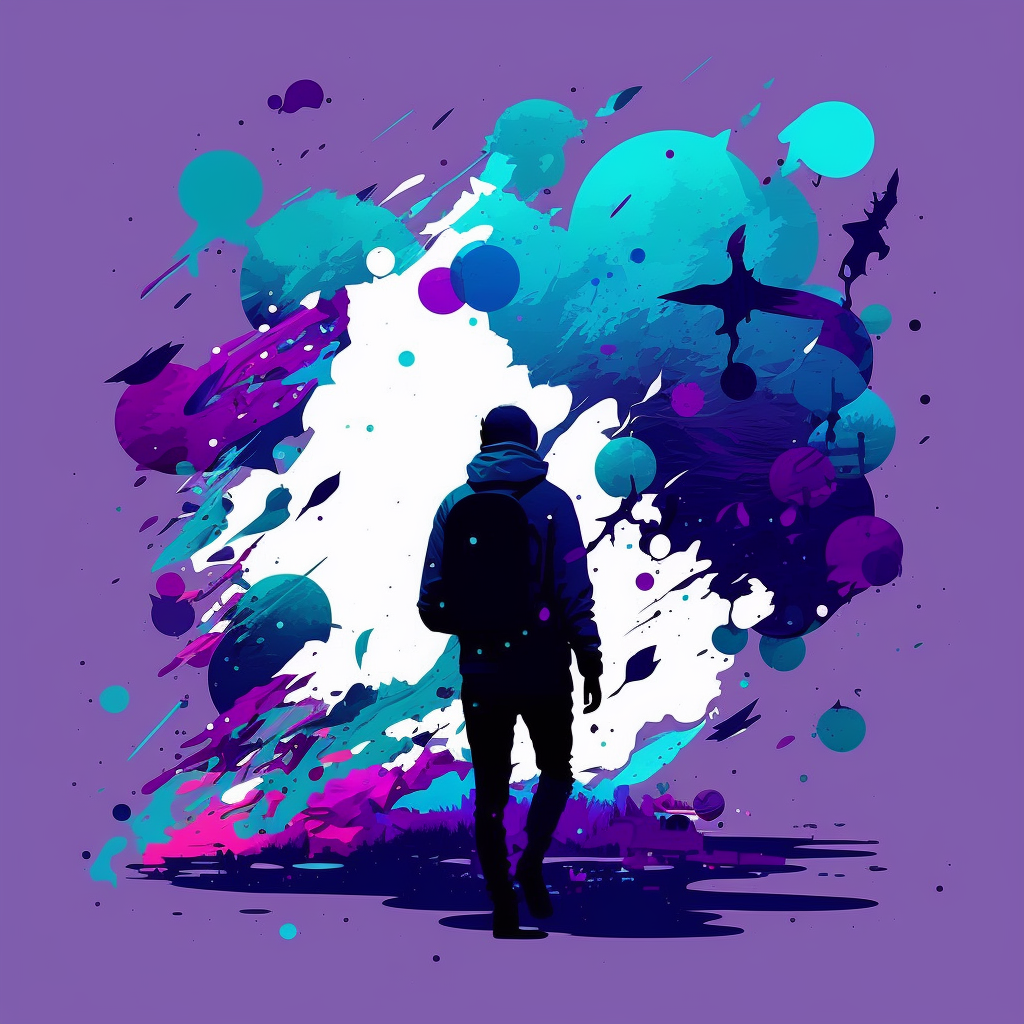I can't recall the last time I got lost anywhere.
With a phone in my pocket, I always have access to the Global Positioning System and an array of detailed maps from multiple providers. An internet connection continuously updates me with static and dynamic data about traffic, weather, roadworks, and the most efficient way to my destination.
The algorithms developed by the good folks at Apple, Google, Microsoft, Samsung, and other tech companies keep me on track and on time.
I no longer end up driving into a street closed for a parade, seeing random floats in the place normally reserved for buses. I no longer discover a beautiful lakeside drive by taking a wrong turn. Gone are the days when I’d spot a new restaurant in a neighborhood where I have no meetings or business.
In fact, I don’t even notice the world around me while on the road. I already know these most efficient routes by heart. The blue navigation line on my phone points the way forward as I increase the volume of my stereo to drown out the mundane.
I have sacrificed serendipity at the altar of efficiency.
Digital assistants, predictive algorithms, and recommendation systems that learn from their users were heralded as the tools that would free us to pursue life. Instead, they have become the enablers for our ancient instincts to delegate decision-making and to simply follow.

We wanted to be chaperoned, but ended up being shepherded.
If you look at the historical GPS data on your map app, you will notice that the majority of your travel takes place on the same few roads. Meanwhile, large swaths of the city remain unvisited and unexplored. We often equate the unknown with unsafe, further reinforcing the tendency to stay on track and not to deviate from the recommended route.
While we could be exposing ourselves to new experiences, we double down on the familiar.
Media recommendation engines were supposed to be our personal curation experts. Instead, they act like grade school bullies. “Hey, you, user! You like that hedgehog video? You’re gonna be the hedgehog guy now. Here’s more hedgehogs for you, hedgehog lover.”
I have yet to encounter an algorithm that expanded my horizons. Instead, they seem to be trying their hardest to narrow them into an easily labeled preset.
In the past years, we’ve seen an exponential rise in the popularity of subscription models on virtually all goods – from software to coffee filters. Our mailboxes and shopping carts auto-populate with the same products on a regular schedule. Trying something new is an inconvenience, requiring not just research, but also cancellation of prior subscriptions.
The very same systems that were supposed to free us instead demotivate us from stepping outside of a clearly outlined path.
It now requires conscious, premeditated effort to bring back the element of chance into our lives.
Next weekend, let’s pick a random spot in the city. It could be a park, or a dive bar, an independent theater, or a second-hand store. Don’t research it – just pick something, note the address on a piece of paper, and try to get there without navigation.
Look at road signs and street names. Observe the architecture and the nature on your way. Be in the moment, conscious, and aware.
Next time you visit a record store (be it a real brick and mortar one or a digital storefront) – try to wander into a section with a genre you don’t listen to. Get an album that’s totally not you and listen to it. I am not saying you’ll fall in love with it, though you might.
Think of it as flossing for neural pathways that haven't seen activity in years.
It takes effort to break out of the routine. It’s work to re-introduce random encounters into your life. But when you open yourself to chance, life will reward you with… well, that’s all up to serendipity.
